Bioinformatics Education
Selene Fernandez, Advanced Genomics Unit/Langebio, Cinvestav
Patricia Palagi, SIB Swiss Institute of Bioinformatics
Verena Ras, University of Cape Town
Venkata Satagopam, Luxembourg Centre For Systems Biomedicine (LCSB), University of Luxembourg and ELIXIR-Luxembourg
Celia van Gelder, DTL
Allegra Via, National Research Council of Italy (CNR) - Institute of Molecular Biology and Pathology (IBPM)
Bioinformatics of Microbes and Microbiomes
Mohammed Alser, ETH Zurich
Richard Bonneau, New York University
Yana Bromberg, Rutgers University
Piotr Wojciech Dabrowski, HTW Berlin University of Applied Sciences
Jo Dicks, Public Health England
Damien Eveillard, LS2N, Nantes University, France
Sofia Forslund, MDC/Charité/ECRC
Dominik Heider, Philipps-University of Marburg
Mikel Hernaez, University of Illinois at Urbana-Champaign
Andre Kahles, ETH Zurich
Christoph Kaleta, Christian-Albrechts-University Kiel
Larisa Kiseleva, OIST
Gunnar W. Klau, Heinrich Heine University Düsseldorf
David Koslicki, Penn State University
Ruibang Luo, U Hong Kong
Tristan Mary-Huard, INRAE
Manja Marz, Uni Jena
Folker Meyer, Argonne National Lab
Siavash Mirarab, The University of Texas at Austin
Thilo Muth, Federal Institute for Materials Research and Testing
Niranjan Nagarajan, Genome Institute of Singapore
Eric Pelletier, CEA/Genoscope
Mihai Pop, University of Maryland
Simon Puglisi, University of Helsinki
Sven Rahmann, Saarland University
Thomas Rattei, University of Vienna
Bernhard Renard, Robert Koch Institute
Hugues Richard, Robert Koch Institute
Miguel Rocha, University of Minho
Melanie Schirmer, Technical University of Munich
Nicola Segata, Centre for Integrative Biology, University of Trento
Todd Treangen, Rice University
Max von Kleist, Freie Universität Berlin
Vicky Yao, Rice University
Biomedical Informatics
Volkan Atalay, Middle East Technical University
Chloé Azencott, CBIO (Mines ParisTech - Institut Curie - INSERM)
Takis Benos, University of Pittsburgh
Karsten Borgwardt, ETH Zurich
Tiffany Callahan, University of Colorado Denver Anschutz Medical Campus
Laura Cantini, Institut de Biologie de l'Ecole Normale Superiore
Hannah Carter, University of California San Diego
Viraj B Deshpande, Illumina Inc.
Tunca Doğan, Hacettepe University
Jingcheng Du, UTHealth
Vladimir Gligorijevic, Institut Jozef Stefan
Mikel Hernaez, University of Illinois at Urbana-Champaign
Kexin Huang, Harvard University
Wolfgang Huber, EMBL
Lars Kaderali, University Medicine Greifswald
Andre Kahles, ETH Zurich
Birte Kehr, Leibniz Institute of Immunotherapy (LIT)
Manolis Kellis, Massachusetts Institute of Technology
David Knowles, Columbia University
Oliver Kohlbacher, University of Tübingen
Roland Krause, University of Luxembourg
Smita Krishnaswamy, Yale University
Anshul Kundaje, Stanford University
Mathieu Lavallée-Adam, University of Ottawa
Ming Li, Univ of Waterloo
Yue Li, McGill University
Jingyi Jessica Li, University of California, Los Angeles
Olivier Lichtarge, Baylor College of Medicine
Jianzhu Ma, Peking University
Tristan Mary-Huard, INRAE
Tom Michoel, University of Bergen
William Noble, University of Washington
Claire O'Donovan, EBI
Arzucan Ozgur, Bogazici University
Gaurav Pandey, Icahn School of Medicine at Mount Sinai
Itsik Pe'Er, Columbia University
Theodore Perkins, Ottawa Hospital Research Institute
Ben Raphael, Princeton University
Miguel Rocha, University of Minho
Marcel Schulz, Goethe University
Michelle Scott, University of Sherbrooke
Fritz Sedlazeck, Baylor College of Medicine
Vishakha Sharma, Stevens Institute of Technology
Avi Srivastava, New York Genome Center
Ewa Szczurek, University of Warsaw
Jaclyn Taroni, Alex's Lemonade Stand Foundation
Fabio Vandin, University of Padova
Susana Vinga, Universidade de Lisboa
Martin Vingron, Max Planck Institut fuer molekulare Genetik
Bo Wang, University of Toronto
Yu Xia, McGill University
Simone Zaccaria, UCL Cancer Institute
Xiang Zhang, Harvard University
Ralf Zimmer, Ludwig Maximilian University of Munich
Blaz Zupan, University of Ljubljana
Equity-focused Research
Titipat Achakulvisut, Mahidol University
Gamze Gursoy, Columbia University
Trang Le, University of Pennsylvania
Yi Xing, Children's Hospital of Philadelphia
Evolutionary, Comparative and Population Genomics
Niko Beerenwinkel, ETH Zurich
Sebastian Böcker, Friedrich Schiller University Jena
Marilia D. V. Braga, Bielefeld University
Edward Braun, Univeristy of Florida
Cédric Chauve, Simon Fraser University
Miklós Csürös, University of Montreal
Ingo Ebersberger, Goethe University
Tsukasa Fukunaga, Waseda University
Kenji Fukushima, University of Würzburg
Omer Gokcumen, University at Buffalo
Iman Hajirasouliha, Cornell University
Marc Hellmuth, Stockholm University
Katharina Jahn, ETH Zurich
Larisa Kiseleva, OIST
David Koslicki, Penn State University
Manuel Lafond, Université de Sherbrooke
Elodie Laine, Sorbonne Université - Laboratory of Computational and Quantitative Biology (LCQB, CNRS-SU)
Salem Malikic, National Cancer Institute, National Institutes of Health
Siavash Mirarab, The University of Texas at Austin
Erin Molloy, University of Maryland, College Park
Alexandre Morozov, Rutgers University
Luay Nakhleh, Rice University
Kay Nieselt, University of Tübingen
Emmanuel Noutahi, Valence Discovery
Aida Ouangraoua, Université de Sherbrooke
Akanksha Pandey, Kronos Bio. Inc.
Marc Robinson-Rechavi, Universite de Lausanne
Giltae Song, Pusan National University
Jens Stoye, Bielefeld University
Krister Swenson, CNRS, Université de Montpellier
Olivier Tremblay-Savard, University of Manitoba
Tandy Warnow, the university of illinois at urbana-champaign
Louxin Zhang, National University of Singapore
General Computational Biology
Jan Aerts, Katholieke Universiteit Leuven
Mohammed Alser, ETH Zurich
Ferhat Ay, La Jolla Institute
Erman Ayday, Case Western Reserve University and Bilkent University
Mukul S. Bansal, University of Connecticut
Asa Ben-Hur, Colorado State University
Etienne Birmele, Université de Strasbourg
Isabell Bludau, ETH Zurich
Sebastian Böcker, Friedrich Schiller University Jena
Karsten Borgwardt, ETH Zurich
Christina Boucher, University of Florida
Marilia D. V. Braga, Bielefeld University
Edward Braun, Univeristy of Florida
Christopher Jf Cameron, Yale University
Stefan Canzar, Gene Center, LMU
Mark Chaisson, University of Washington
Jianlin Cheng, University of Missouri Columbia
Leonid Chindelevitch, Imperial College
Ivan Costa, RWTH Aachen University
James C Costello, University of Colorado Anschutz Medical Campus
Lenore Cowen, Tufts University
Lorin Crawford, Microsoft Research New England
Jeroen de Ridder, Delft Bioinformatics Lab
Dan DeBlasio, University of Texas at El Paso
Ingo Ebersberger, Goethe University
Yasha Ektefaie, Harvard Medical School
Gang Fang, Mount Sinai School of Medicine
Dario Ghersi, University of Nebraska at Omaha
Gamze Gursoy, Columbia University
Mikel Hernaez, University of Illinois at Urbana-Champaign
Zamin Iqbal, European Bioinformatics Institute
Chirag Jain, Indian Institute of Science
Tao Jiang, University of California, Riverside
Lukas Käll, KTH Royal Institute of Technology
Emre Karakoc, University of Washington
David Kelley, Calico Life Sciences
Ekta Khurana, Cornell University
Daisuke Kihara, Purdue University
Gunnar W. Klau, Heinrich Heine University Düsseldorf
Oliver Kohlbacher, University of Tübingen
Mehmet Koyuturk, Case Western Reserve University
Arjun Krishnan, Michigan State University
Anshul Kundaje, Stanford University
Manuel Lafond, Université de Sherbrooke
Ming Li, Univ of Waterloo
Jingyi Jessica Li, University of California, Los Angeles
Yue Li, McGill University
Maxwell Libbrecht, University of Washington Genome Sciences
Yunan Luo, University of Illinois at Urbana-Champaign
Jianzhu Ma, Peking University
William Majoros, Duke University
Salem Malikic, National Cancer Institute, National Institutes of Health
Tobias Marschall, Saarland University/Max Planck Institute for Informatics
Paul Medvedev, The Pennsylvania State University
Páll Melsted, University of Iceland
Hosein Mohimani, Carnegie Melon University
Erin Molloy, University of Maryland, College Park
Alexandre Morozov, Rutgers University
T.M. Murali, Virginia Tech
Robert Murphy, Carnegie Mellon University
William Noble, University of Washington
Emmanuel Noutahi, Valence Discovery
Aida Ouangraoua, Université de Sherbrooke
Zhengqing Ouyang, University of Massachusetts, Amherst
Akanksha Pandey, Kronos Bio. Inc.
Itsik Pe'Er, Columbia University
Victoria Popic, Stanford University
James Procter, University of Dundee
Simon Puglisi, University of Helsinki
Elizabeth Purdom, University of California, Berkeley
Ben Raphael, Princeton University
Cenk Sahinalp, Indiana University Bloomington
Leena Salmela, University of Helsinki
Venkata Satagopam, Luxembourg Centre For Systems Biomedicine (LCSB), University of Luxembourg and ELIXIR-Luxembourg
Gryte Satas, Memorial Sloan Kettering Cancer Center
Anne Siegel, IRISA -- CNRS
Krister Swenson, CNRS, Université de Montpellier
Haixu Tang, Indiana University Bloomington
Jaclyn Taroni, Alex's Lemonade Stand Foundation
Oznur Tastan, Sabanci University
Nelle Varoquaux, University of California, Berkeley
Martin Vingron, Max Planck Institut fuer molekulare Genetik
Tandy Warnow, the university of illinois at urbana-champaign
Joshua Welch, University of Michigan
Vicky Yao, Rice University
Simone Zaccaria, UCL Cancer Institute
Jianyang Zeng, Tsinghua University
Xiang Zhang, Harvard University
Louxin Zhang, National University of Singapore
Ralf Zimmer, Ludwig Maximilian University of Munich
Blaz Zupan, University of Ljubljana
Genome Privacy and Security
Erman Ayday, Case Western Reserve University and Bilkent University
A. Ercument Cicek, Bilkent University
David Froelicher, MIT
Gamze Gursoy, Columbia University
Seth Neel, University of Pennsylvania
Yaron Orenstein, Ben-Gurion University
Victoria Popic, Stanford University
Cenk Sahinalp, Indiana University Bloomington
Jens Stoye, Bielefeld University
Haixu Tang, Indiana University Bloomington
Yun William Yu, University of Toronto
Genome Sequence Analysis
Mohammed Alser, ETH Zurich
Vikas Bansal, University of California San Diego
Christina Boucher, University of Florida
Mark Chaisson, University of Washington
Cédric Chauve, Simon Fraser University
Rayan Chikhi, CNRS
Ana Conesa, University of Florida
James C Costello, University of Colorado Anschutz Medical Campus
Dan DeBlasio, University of Texas at El Paso
Viraj B Deshpande, Illumina Inc.
Jo Dicks, Public Health England
Robin Dowell, University of Colorado Boulder
Faraz Hach, University of British Columbia and Vancouver Prostate Centre
Iman Hajirasouliha, Cornell University
Farhad I Hormozdiari, Google Health
Fereydoun Hormozdiari, University of Washington
Zamin Iqbal, European Bioinformatics Institute
Chirag Jain, Indian Institute of Science
Monlong Jean, University of California, Santa Cruz
Emre Karakoc, University of Washington
John Kececioglu, University of Arizona
Birte Kehr, Leibniz Institute of Immunotherapy (LIT)
Mikhail Kolmorgorov, University of California San Diego
Rachel Kolodny, US
Sergey Koren, NHGRI/NIH
Dennis Kostka, University of Pittsburegh
Dominique Lavenier, CNRS/IRISA
Heewook Lee, Arizona State University
Kjong Lehmann, UK Aachen
Stefano Lonardi, UC Riverside
Gerton Lunter, University of Oxford
Ruibang Luo, The University of Hong Kong
William Majoros, Duke University
Veli Mäkinen, University of Helsinki
Salem Malikic, National Cancer Institute, National Institutes of Health
Serghei Mangul, University of California, Los Angeles
Camille Marchet, CNRS
Tobias Marschall, Saarland University/Max Planck Institute for Informatics
Paul Medvedev, The Pennsylvania State University
Hosein Mohimani, Carnegie Melon University
Alexandre Morozov, Rutgers University
T.M. Murali, Virginia Tech
Kay Nieselt, University of Tübingen
Hatice Osmanbeyoglu, University of Pittsburgh
Mihai Pop, University of Maryland
Simon Puglisi, University of Helsinki
Aaron Quinlan, University of Utah
Predrag Radivojac, Northeastern University
Ben Raphael, Princeton University
Bernhard Renard, Robert Koch Institute
Leena Salmela, University of Helsinki
Hirak Sarkar, Harvard Medical School
Gryte Satas, Memorial Sloan Kettering Cancer Center
Alexander Schoenhuth, Centrum Wiskunde & Informatica
Fritz Sedlazeck, Baylor College of Medicine
Mingfu Shao, Carnegie Mellon University
Jared Simpson, Ontario Institute for Cancer Research
Avi Srivastava, New York Genome Center
Krister Swenson, CNRS, Université de Montpellier
Tandy Warnow, the university of illinois at urbana-champaign
Shaojie Zhang, University of Central Florida
Macromolecular Sequence, Structure, and Function
Tatsuya Akutsu, Kyoto University
Jessica Andreani, CEA/I2BC
Kyoshi Asai, The University of Tokyo
Pedro Ballester, Cancer Research Centre of Marseille
Asa Ben-Hur, Colorado State University
Etienne Birmele, Université de Strasbourg
Richard Bonneau, New York University
Dongbo Bu, Chinese Academy of Sciences
Christopher Jf Cameron, Yale University
Frédéric Cazals, INRIA
Jianlin Cheng, University of Missouri Columbia
Lenore Cowen, Tufts University
Thomas Dandekar, University of Wuerzburg
Noah Daniels, The University of Rhode Island
Charlotte Deane, University of Oxford
Tunca Doğan, Hacettepe University
Sven Findeiss, University of Leipzig
Dario Ghersi, University of Nebraska at Omaha
Sergei Grudinin, LJK CNRS
Nurit Haspel, University of Massachusetts Boston
Ivo Hofacker, University of Vienna
Liisa Holm, University of Helsinki
Daisuke Kihara, Purdue University
Judith Klein, Arizona State University
Dave Koes, University of Pittsburgh
Lukasz Kurgan, Virginia Commonwealth University
Elodie Laine, Sorbonne Université - Laboratory of Computational and Quantitative Biology (LCQB, CNRS-SU)
Keren Lasker, Stanford University
Yue Li, McGill University
Olivier Lichtarge, Baylor College of Medicine
Jianzhu Ma, Peking University
Deborah Marks, Harvard Medical School
Pier Luigi Martelli, University of Bologna
David Mathews, University of Rochester
Claire O'Donovan, EBI
Aida Ouangraoua, Université de Sherbrooke
Predrag Radivojac, Northeastern University
Vladimir Reinharz, Université du Québec à Montréal
Elena Rivas, Janelia Farm Research Campus, HHMI
Thomas Schiex, INRAE
Michelle Scott, University of Sherbrooke
Amarda Shehu, George Mason University
Yang Shen, Texas A&M University
Marta Szachniuk, Institute of Bioorganic Chemistry, Polish Academy of Sciences
Nelle Varoquaux, University of California, Berkeley
Olga Vitek, Northeastern University
Sebastian Will, Ecole Polytechnique
Yu Xia, McGill University
Jianyang Zeng, Tsinghua University
Regulatory and Functional Genomics
Ferhat Ay, La Jolla Institute
Niko Beerenwinkel, ETH Zurich
Takis Benos, University of Pittsburgh
Christopher Jf Cameron, Yale University
Stefan Canzar, Gene Center, LMU
Mengjie Chen, the University of Chicago
Ana Conesa, University of Florida
Ivan Costa, RWTH Aachen University
Jeroen de Ridder, Delft Bioinformatics Lab
Robin Dowell, University of Colorado Boulder
Gang Fang, Mount Sinai School of Medicine
Caroline Friedel, Ludwig Maximilian University of Munich
Farhad I Hormozdiari, Google Health
Ignacio Ibarra Del Río, Structural and Computational Biology Unit. EMBL Heidelberg
Sunduz Keles, University of Wisconsin-Madison
David Kelley, Calico Life Sciences
Manolis Kellis, Massachusetts Institute of Technology
Ekta Khurana, Cornell University
Rachel Kolodny, US
Peter Koo, Cold Spring Harbor Laboratory
Dennis Kostka, University of Pittsburegh
Arjun Krishnan, Michigan State University
Anshul Kundaje, Stanford University
Kjong Lehmann, UK Aachen
Maxwell Libbrecht, University of Washington Genome Sciences
Gerton Lunter, University of Oxford
Shaun Mahony, The Pennsylvania State University
Serghei Mangul, University of California, Los Angeles
Wouter Meuleman, Altius Institute for Biomedical Sciences
Emily R. Miraldi, Cincinnati Children's Hospital Medical Center
Leelavati Narlikar, Indian Institute of Science Education and Research (IISER) Pune
Yaron Orenstein, Ben-Gurion University
Zhengqing Ouyang, University of Massachusetts, Amherst
Nico Pfeifer, Department of Computer Science, University of Tübingen
Yuri Pritykin, Princeton University
Xiaoning Qian, Texas A&M University
Gerald Quon, University of California, Davis
Sven Rahmann, Saarland University
Magnus Rattray, The University of Manchester
Julia Salzman, Stanford University School of Medicine
Md Abul Hassan Samee, Baylor College of Medicine
Alexander Schoenhuth, Centrum Wiskunde & Informatica
Manu Setty, Memorial Sloan Kettering Cancer Center
Tal Shay, Ben-Gurion University of the Negev
David Ashley Van Valen, California Institute of Technology
Martin Vingron, Max Planck Institut fuer molekulare Genetik
Yijie Wang, School of Informatics and Computing, Indiana University, Bloomington, IN 47408
Wyeth Wasserman, The University of British Columbia
Joshua Welch, University of Michigan
Byung-Jun Yoon, Texas A&M University
Xiuwei Zhang, Georgia Institute of Technology
Systems Biology and Networks
Ferhat Ay, La Jolla Institute
Chloé Azencott, CBIO (Mines ParisTech - Institut Curie - INSERM)
Jan Baumbach, University of Hamburg
Serdar Bozdag, University of North Texas
Stefan Canzar, Gene Center, LMU
Hannah Carter, University of California San Diego
Rayan Chikhi, CNRS
A. Ercument Cicek, Bilkent University
Evan Cofer, Princeton University
James C Costello, University of Colorado Anschutz Medical Campus
Lenore Cowen, Tufts University
Yasha Ektefaie, Harvard Medical School
Fabian Fröhlich, Harvard University
Julien Gagneur, Technical University of Munich
Kimberly Glass, Harvard University
Vladimir Gligorijevic, Institut Jozef Stefan
Attila Gursoy, Koc University
Pietro Guzzi, UMG
Fereydoun Hormozdiari, University of Washington
Van Anh Huynh-Thu, University of Liege
David Knowles, Columbia University
Mehmet Koyuturk, Case Western Reserve University
Arjun Krishnan, Michigan State University
Smita Krishnaswamy, Yale University
Marieke Kuijjer, Centre for Molecular Medicine Norway, University of Oslo
Jingyi Jessica Li, University of California, Los Angeles
Michelle Li, Harvard University
Maxwell Libbrecht, University of Washington Genome Sciences
Antoine Limasset, CNRS
Noel Malod-Dognin, University College London
Camille Marchet, CNRS
Paul Medvedev, The Pennsylvania State University
Tom Michoel, University of Bergen
Deisy Morselli Gysi, Northeastern University
T.M. Murali, Virginia Tech
Chad Myers, University of Minnesota
Khalique Newaz, University of Hamburg
William Noble, University of Washington
Hatice Osmanbeyoglu, University of Pittsburgh
Loïc Paulevé, CNRS/LaBRI, Bordeaux, France
Teresa Przytycka, National Center of Biotechnology Information, NLM, NIH
Elizabeth Purdom, University of California, Berkeley
Xiaoning Qian, Texas A&M University
Magnus Rattray, The University of Manchester
Anna Ritz, Reed College
Roded Sharan, School of computer science, Tel Aviv university
Tal Shay, Ben-Gurion University of the Negev
Leen Stougie, Centrum voor Wiskunde en Informatica (CWI)
Mahito Sugiyama, National Institute of Informatics
Martina Summer-Kutmon, Maastricht University
Fabio Vandin, University of Padova
Esti Yeger-Lotem, Ben Gurion University
Byung-Jun Yoon, Texas A&M University
Jian Zhou, University of Texas Southwestern Medical Center
![]()

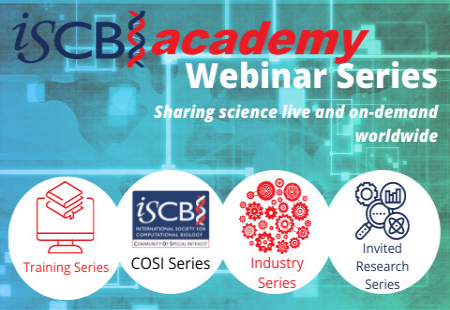

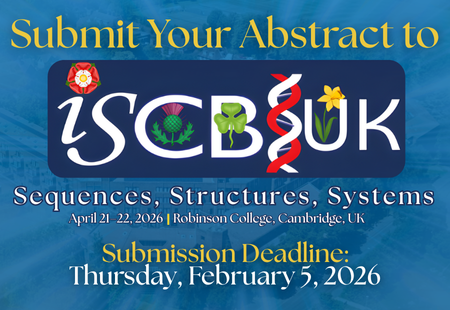
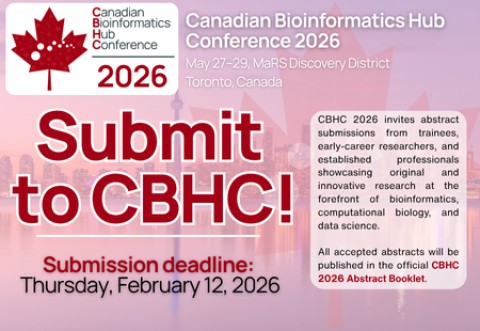
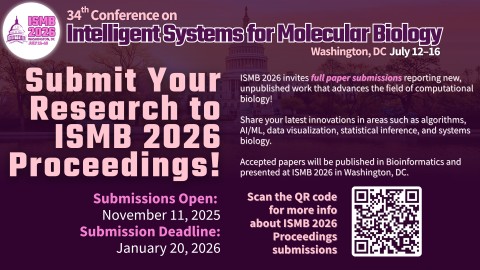



















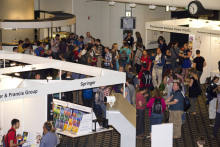
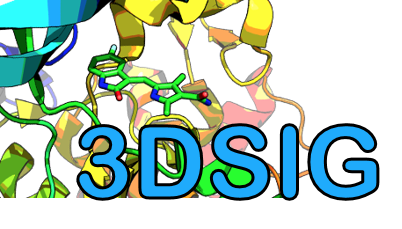
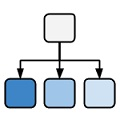
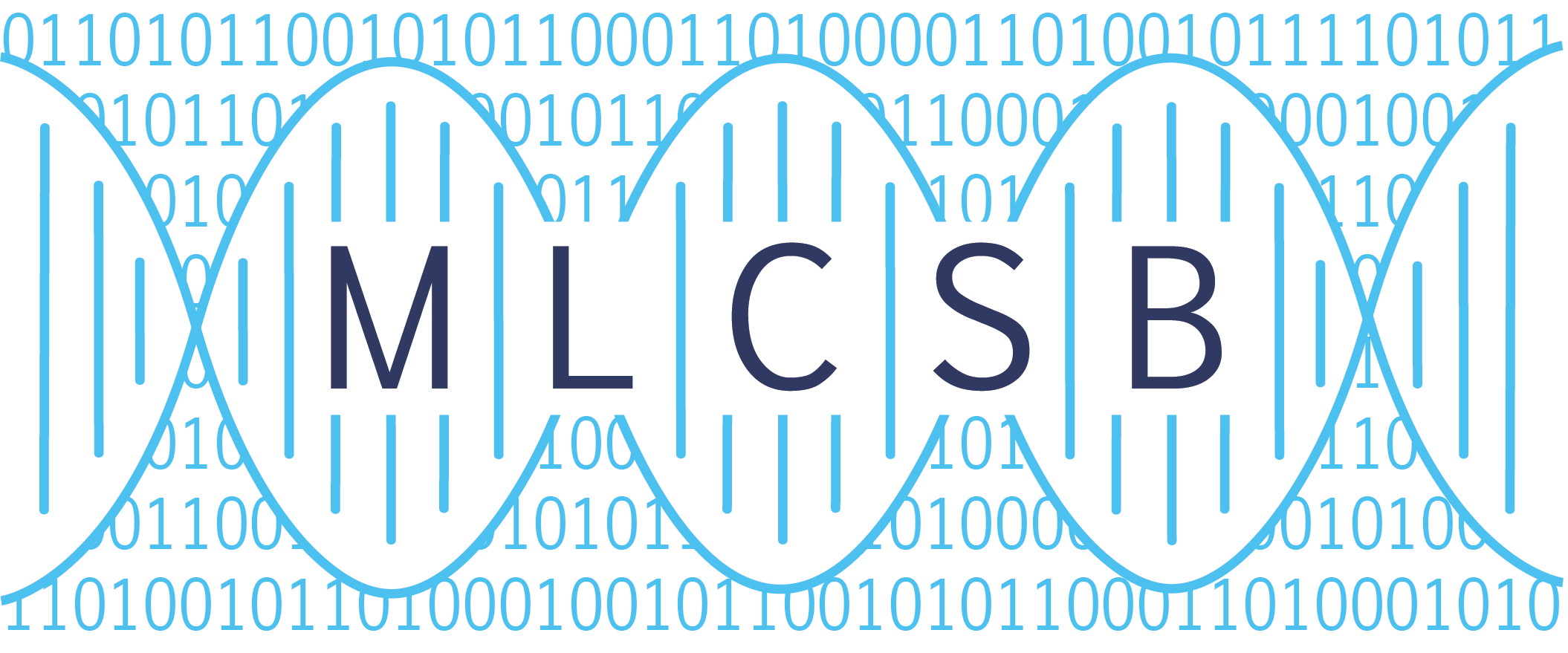
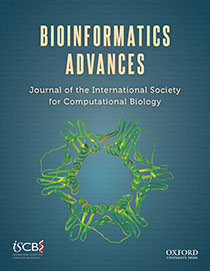
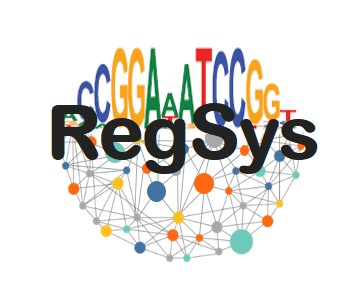
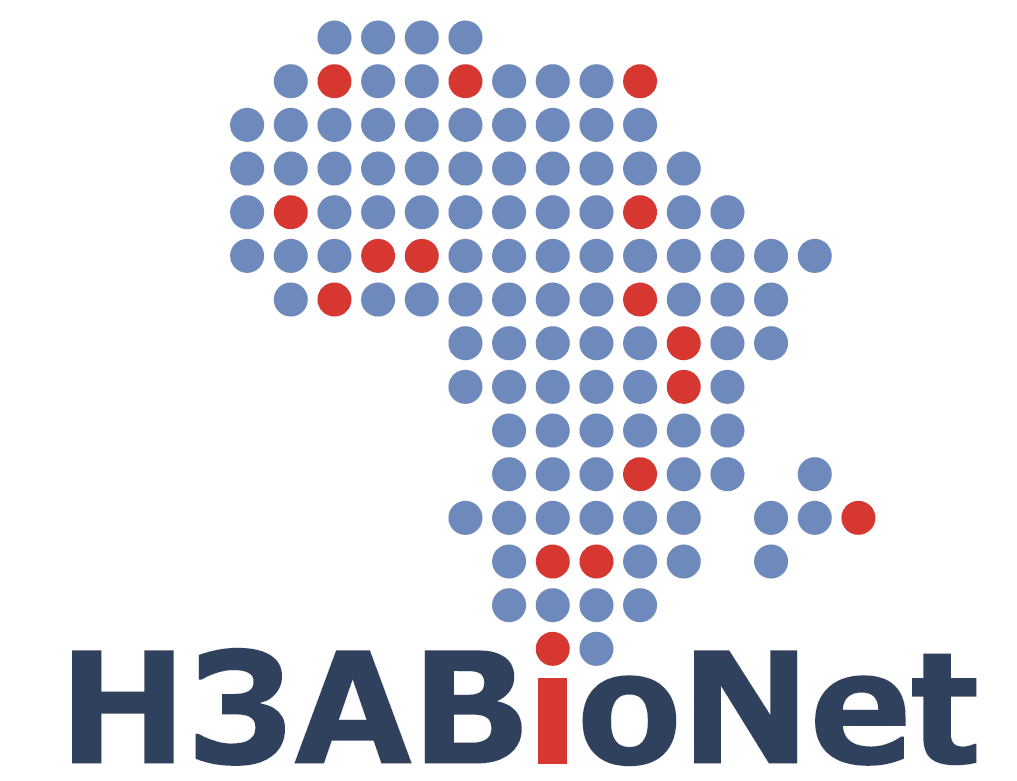
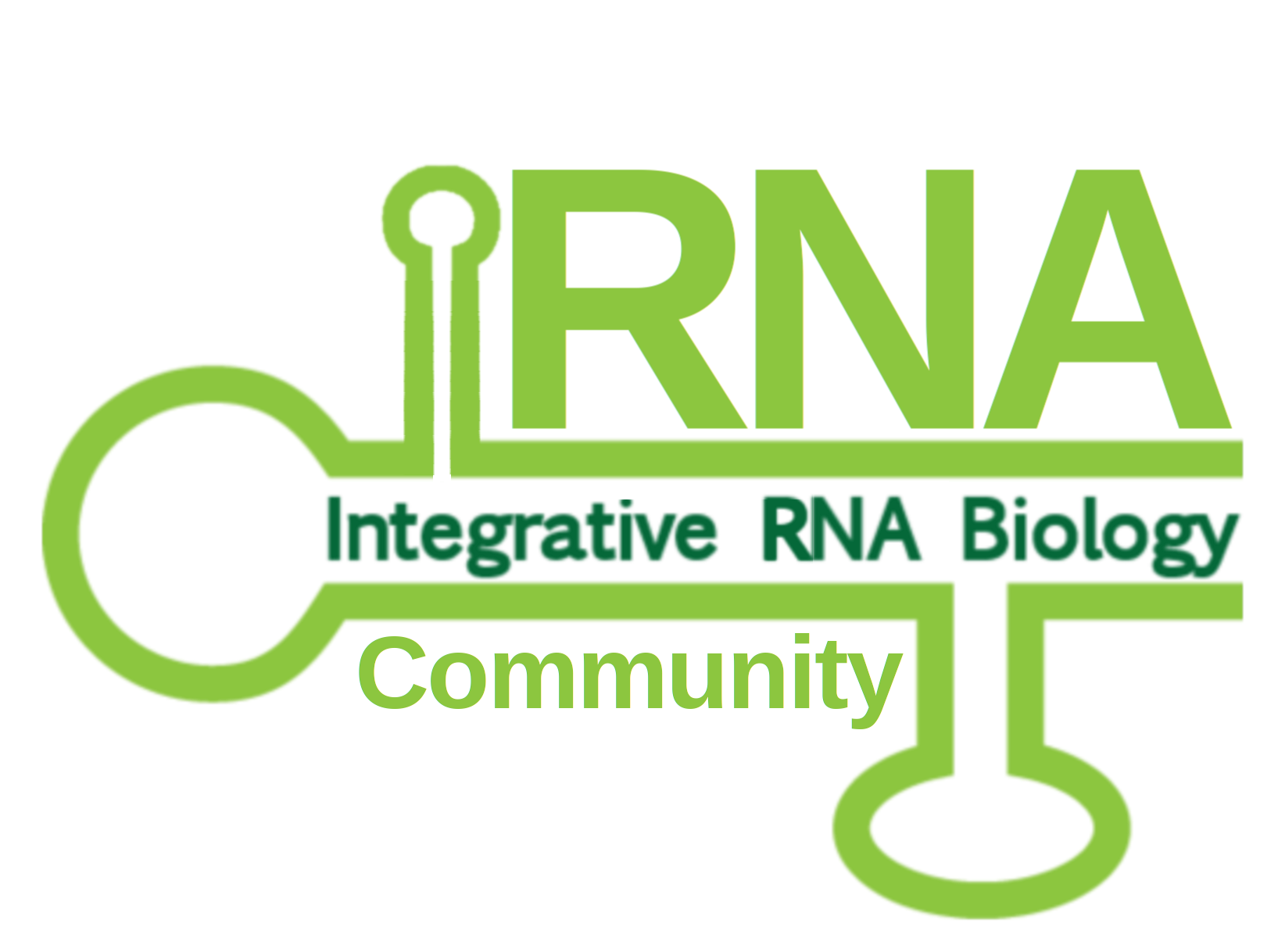
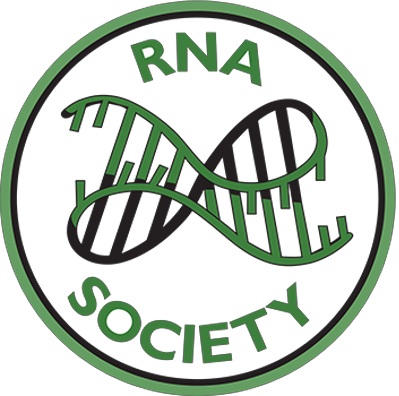

 Reinhard Schneider is a Full Professor in Bioinformatics, and Head of Bioinformatics Core Facility and Head of ELIXIR Luxembourg Node at the University of Luxembourg. His research interests focus on the development of new bioinformatics algorithms in structure and function prediction of proteins. He is involved in various national and European projects in the areas of large data and knowledge management, high performance computing, data sustainability, disease mechanisms, and data integration across disciplines including medicine and patient data.
Reinhard Schneider is a Full Professor in Bioinformatics, and Head of Bioinformatics Core Facility and Head of ELIXIR Luxembourg Node at the University of Luxembourg. His research interests focus on the development of new bioinformatics algorithms in structure and function prediction of proteins. He is involved in various national and European projects in the areas of large data and knowledge management, high performance computing, data sustainability, disease mechanisms, and data integration across disciplines including medicine and patient data. The Outstanding Student Paper Award is given to the student who presents the most thought-provoking or original paper at the Conference, as judged by our panel of experts.
The Outstanding Student Paper Award is given to the student who presents the most thought-provoking or original paper at the Conference, as judged by our panel of experts.
 The RCSB PDB Poster Prize will be awarded for the best poster related to structure and function prediction. The award will consist of a related educational book.
The RCSB PDB Poster Prize will be awarded for the best poster related to structure and function prediction. The award will consist of a related educational book.



